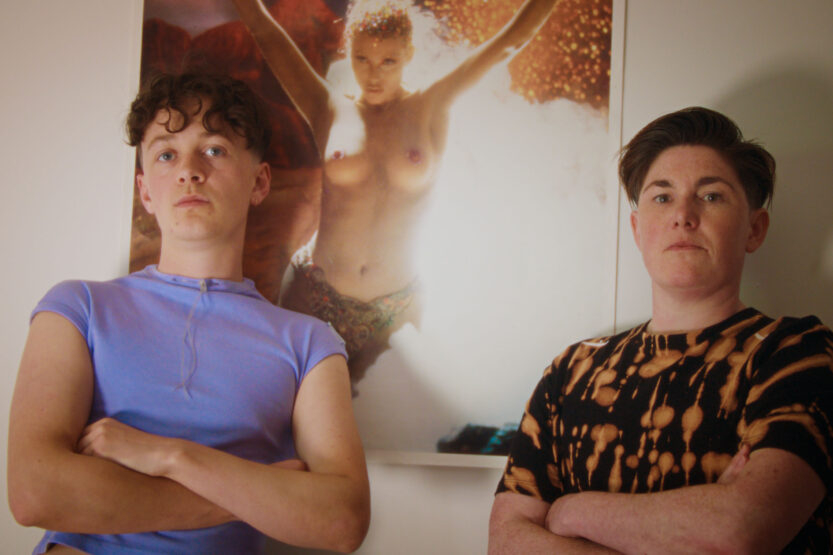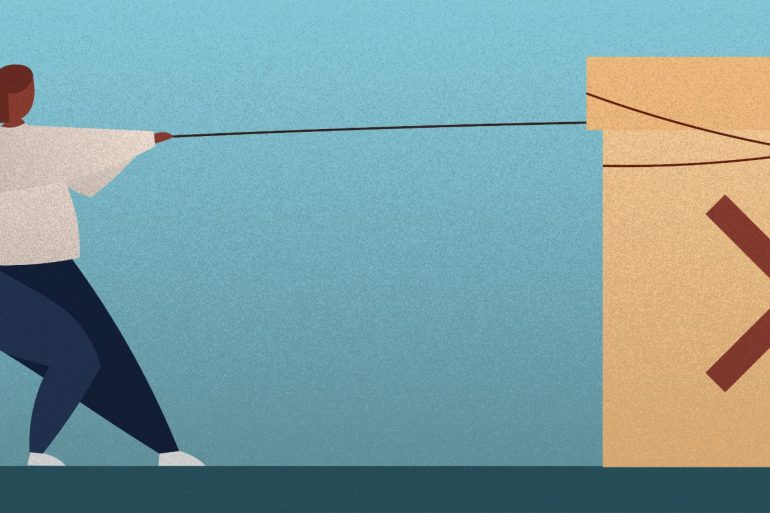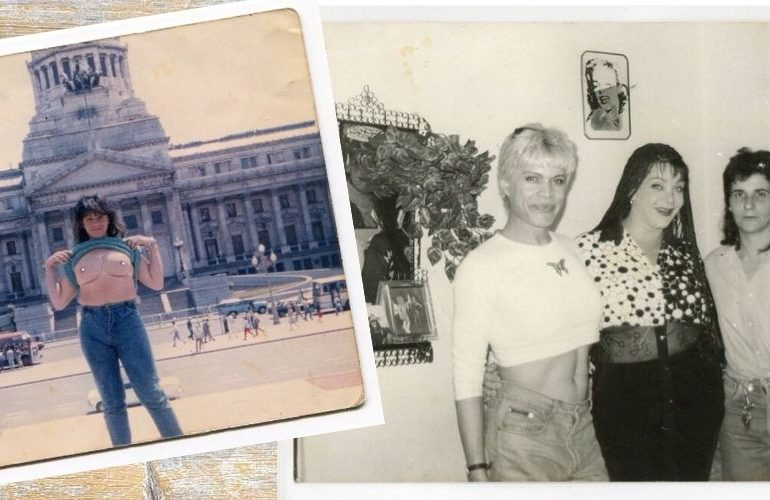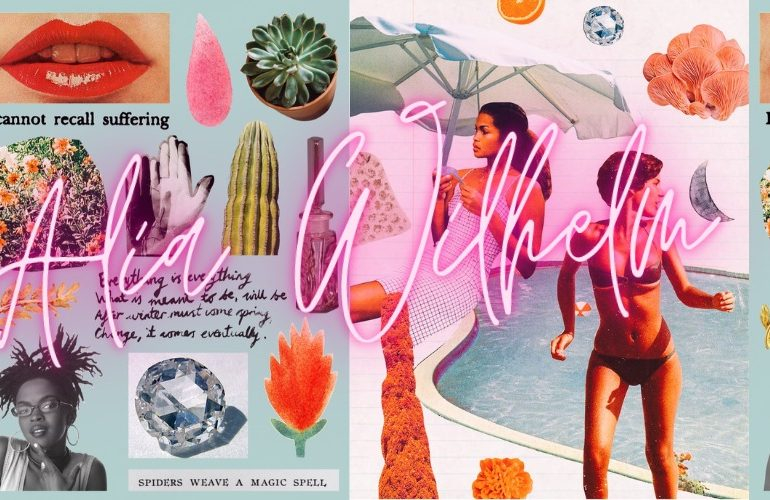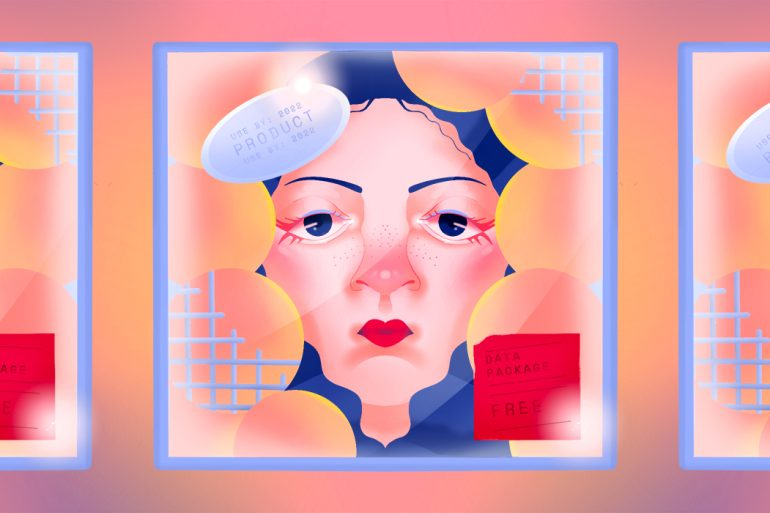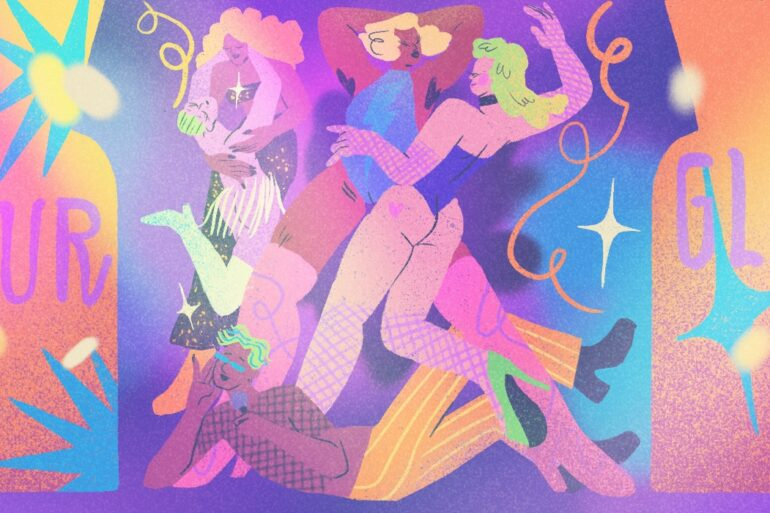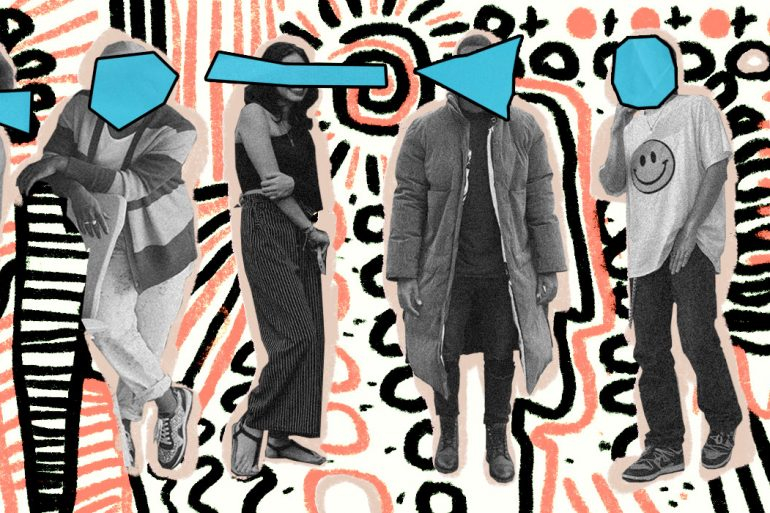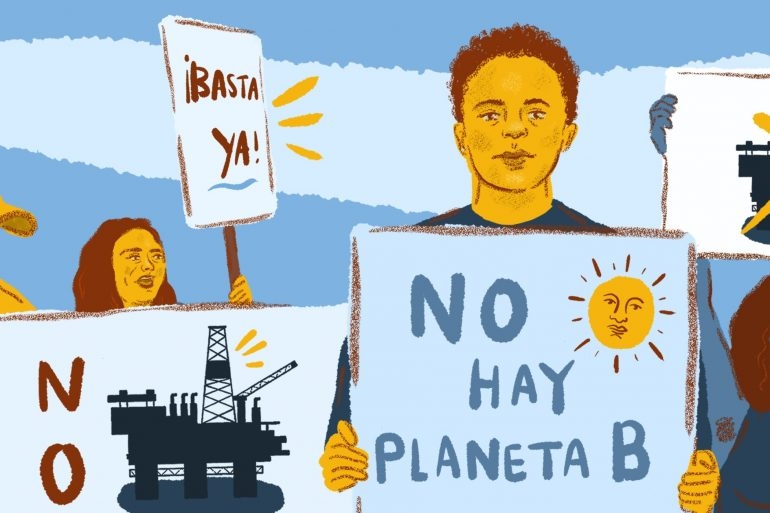It’s hard to limit the word count on how Javie Huxley is contributing to change. She’s been with us since the very beginning of shado, and from the moment we met, Javie has been a source of inspiration, energy and endless support. As a British-Chilean woman, Javie is committed to creating space for Latinx and other BAME communities and pushing rightful representation in the art world and beyond.
At the core of all Javie’s activism is a genuine warmth and connection – even if the landscape looks bleak. As a trustee of the Save Latin Village Campaign, she plays an integral role in the protection of this vital Latinx community space and unwaveringly spearheads this movement in defiance of social cleansing. The sensitivity of her illustrations, all of which shed light on issues of social justice, allow audiences to connect to topics in a powerful and personal way. Javie represents the power of change from a grassroots level, combining art, advocacy and community organisation – and this is only going to get stronger.

What does change look like in your industry?
Change in creative industries looks like normalising representation and actively platforming BIPOC creatives or initiatives until this is genuinely achieved. gal-dem have been a huge force for change, and there are countless others out there like afghan punk, Between Borders Magazine and daikon zine that are changing the game. More creative communities would be great. I feel it’s becoming easier to have personal agency as a freelancer and to link up with other marginalised groups via social media, but it’s still hard and often lonely. Communities are an amazing way to share skills and champion each other.
I also really love having honest conversations about day jobs for creatives. It’s so rare that people in creative industries have a stable income from their creative job alone, there’s a lot of shame and stigma that surrounds talking about this. I have to teach English or nanny part-time in order to survive in London. Sometimes it’s felt like I’m not a true illustrator if I can’t totally rely on it, and it can be difficult to admit that the part-time work has helped me sustain the creative work I love. It’s unbelievably frustrating that there’s this pressure to choose financial stability or a 9-5 over all else. When I struggle, I try to remember that the fulfilment I get from campaign work and illustration is the most important thing. I know that the work I put in now will eventually pay off. Definitely check out Tori West’s hashtag #instagramtransparency for more on this.
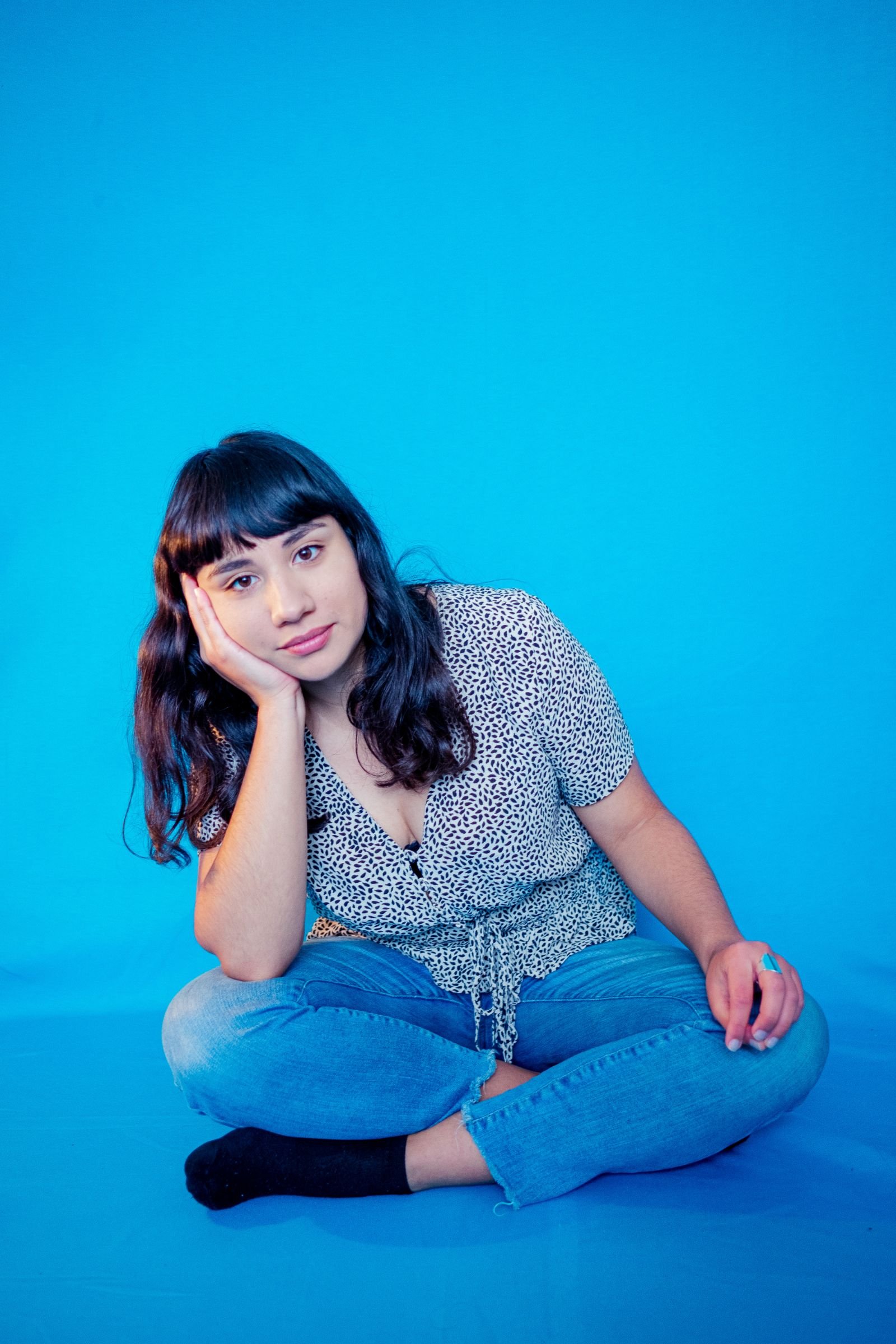
What changes are you contributing to in your work?
Well it was an epiphany moment for me when I realised both my illustration and social justice could go hand in hand, which usually gives me the energy and motivation to create. I started out by making a series of illustrations for Save Latin Village, which ended up being a really successful way to get people to interact with the cause. Now I aim to regularly illustrate in response to political issues and only accept work that champions marginalised communities in some way.
Honesty is a super important part of my work, part of this has been sharing personal stories on my British-Chilean identity. I’m pushing for British-Latinx representation in this country, because there are SO many of us that are doing radical things. I’ll forever champion Wretched of the Earth who have done loads of inspiring work, particularly when it comes to platforming indigenous voices to counter many Western climate narratives. Also, the young Latinx community make me want to burst with pride. There’s LatinXcluded, who are campaigning non-stop for Latin American visibility on application forms in the UK. Plus, the wonderful students from QM Latinx Society who I wish I had when I was university. Our UK Latinx communities are bursting with talent.
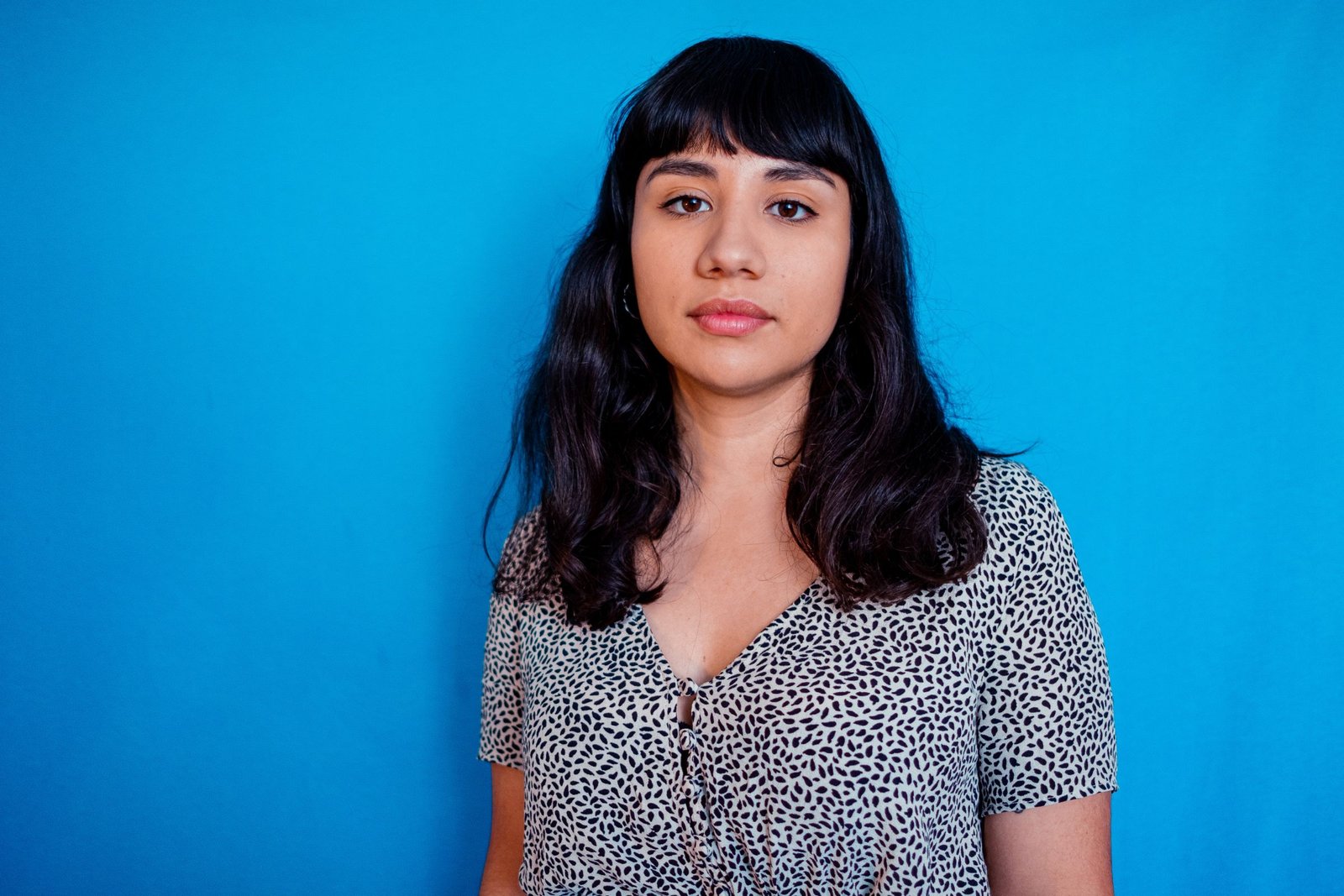
What are some of your biggest successes in 2019?
It’s been a wild year for me with loads of firsts like organising fundraisers, an exhibition for Bad Form and writing a gal-dem article. It’s been a dream and the first year where I’ve felt worthy of taking on big illustration commissions. Becoming a trustee for Save Latin Village has been incredible too.
I’ve not shied away from public speaking opportunities and feel proud to take up space as a Latinx immigrant.
On more of a personal level, I’ve put more value into my platonic relationships this year and it’s made me happier. I’m getting better at knowing my worth, which has meant demanding more from personal and professional relationships. I’ve also said yes to a lot of things that scare me, which has been a big deal. I can come across as really excitable and talkative, but a lot of the time that’s me being low-key anxious. I have to remind myself that new things are cool and I deserve to be where I’m at.
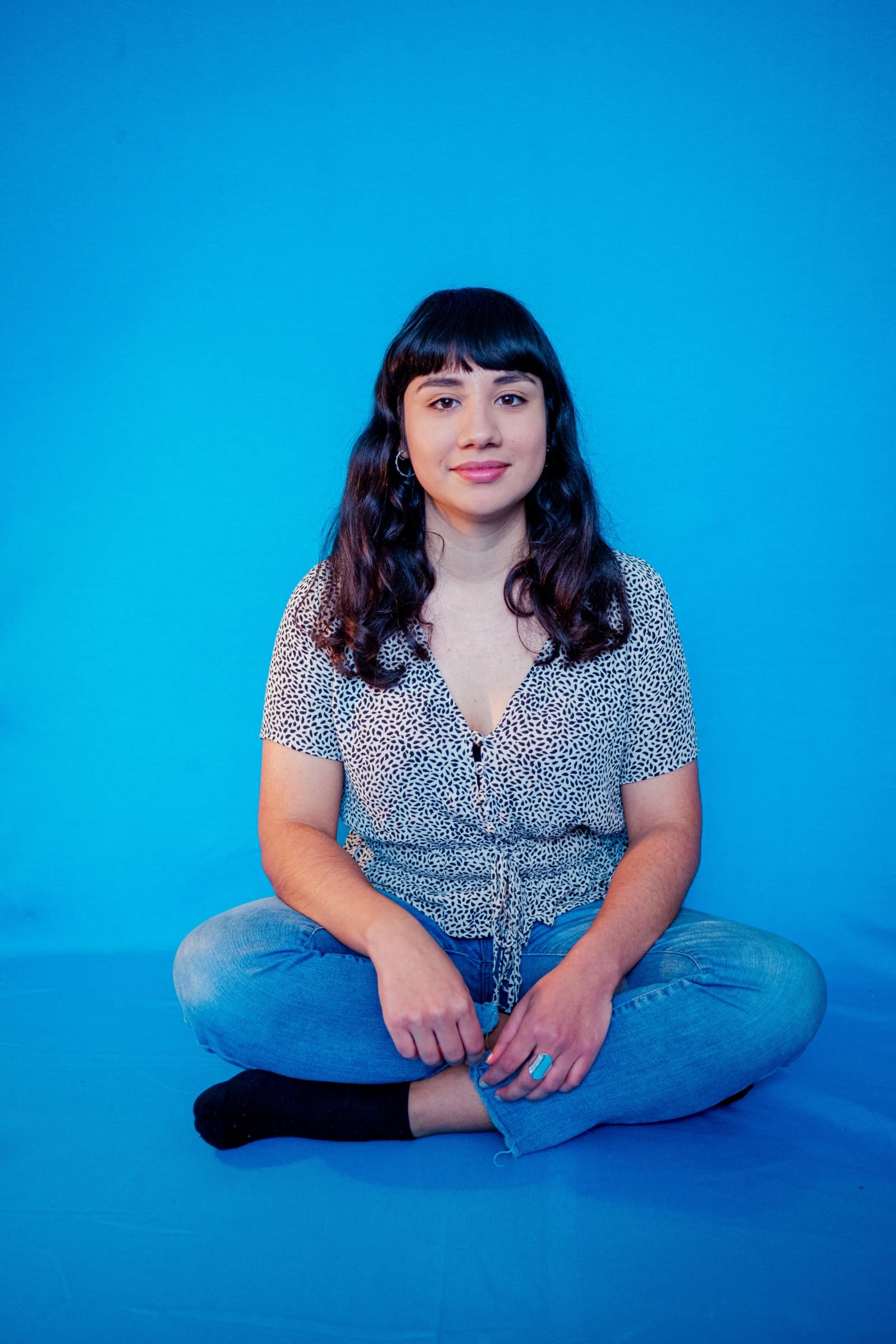
What is the importance of grassroots activism in implementing change at a higher and broader level?
I’ve come to learn the hard way that institutions can’t be trusted to protect or have the interests of BAME communities at heart. It’s cemented my belief in grassroots activism as it places power back into the hands of marginalised people and sparks change from the bottom up.
I’ve been reading a lot of bell hooks and have been influenced by the idea of using love as a radical tool in these circles, as communities use love as a driving force and a way to support those involved.
I constantly fight the idea demanding change is at odds with being emotional and vulnerable. A perfect example is how the Save Latin Village team is led by emotional and ridiculously strong women. We’re connected by a deep love for our community. This kind of love is healing and has been an unmistakable weapon against the harmful capitalist structures around us.

What’s next? What are your goals for 2020?
I want to be more unapologetic and try to see my worth even when it’s difficult to. Only surround myself with people that are willing to learn and grow with me. To try not to feel guilty about giving myself a break or space if it’s needed for my health. To show my family and pals that I love them more. And most importantly, to keep raising my voice and fighting for British-Latinx and wider BIPOC visibility.
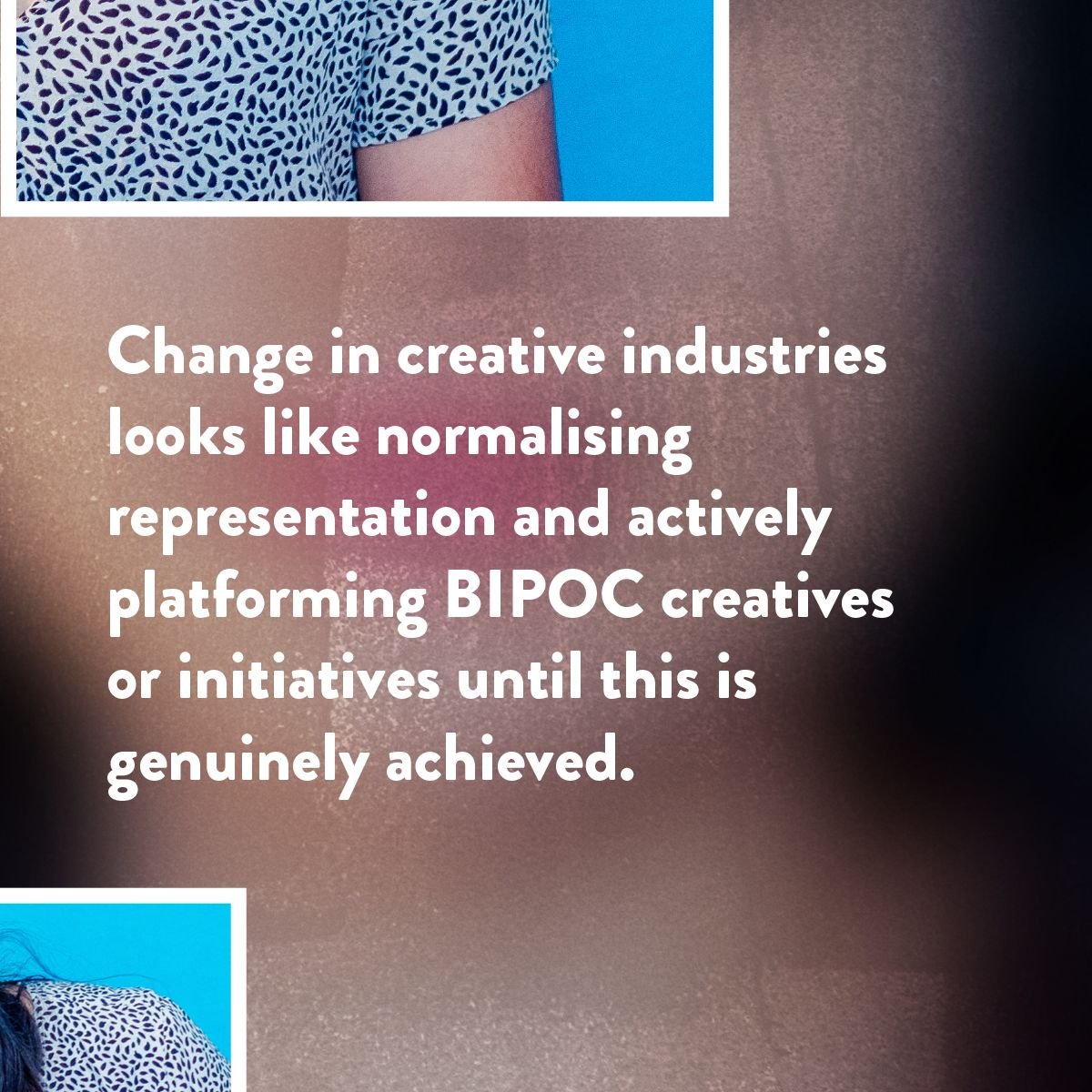
Follow Javie on Instagram and see more of Mario’s photography here
Interview carried out by Hannah Robathan and Isabella Pearce, co-founders of shado
Subscribe to shado's weekly newsletter
Exclusive event news, job and creative opportunities, first access to tickets and – just in case you missed them – our picks of the week, from inside shado and out.



